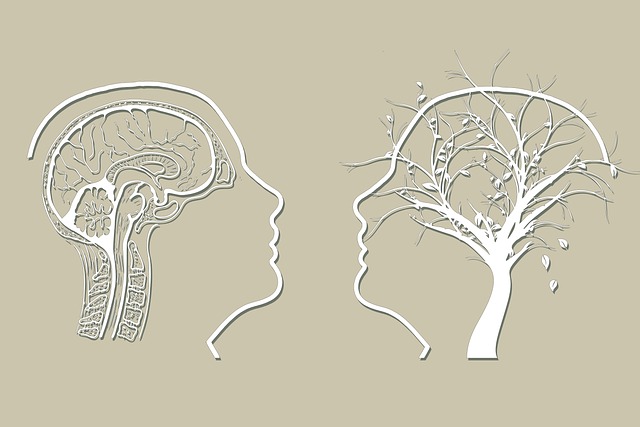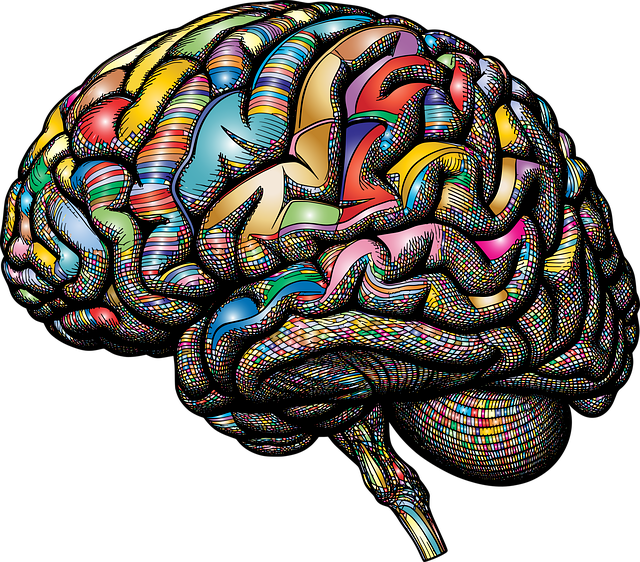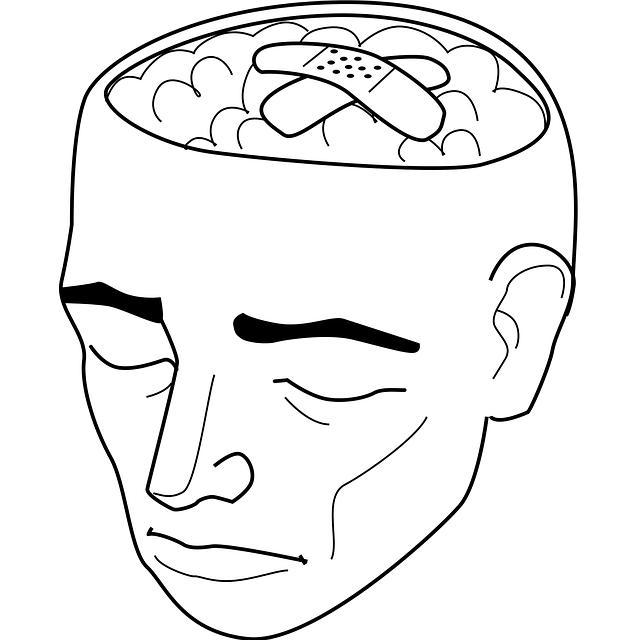Louisville German Speaking Therapy (LGST) is a leading example of culturally competent mental health care, addressing the unique needs of German-speaking individuals in Louisville. By providing therapy in their native language and adopting holistic practices, LGST enhances access to services, builds trust, and improves health outcomes. Their comprehensive training programs equip professionals with strategies to overcome communication barriers, understand diverse cultural contexts, and adapt their approaches, fostering better self-care, improved mental health, and effective crisis interventions. LGST's model demonstrates the power of targeted, culturally sensitive interventions in transforming healthcare environments and promoting emotional healing within diverse communities.
Healthcare provider cultural competency training is an essential aspect of modern medical practice, especially in diverse communities. This article delves into “Understanding Cultural Competency in Healthcare” and presents a unique case study of the Louisville German Speaking Therapy Model. We explore barriers and benefits of cross-cultural communication, offer insights on designing effective training programs, and discuss strategies for continuous evaluation and improvement. By leveraging lessons from this model, healthcare providers can enhance patient care and build stronger community ties.
- Understanding Cultural Competency in Healthcare: A Necessary Approach
- The Louisville German Speaking Therapy Model: A Unique Case Study
- Identifying Barriers and Benefits of Cross-Cultural Communication
- Designing Effective Training Programs for Healthcare Providers
- Continuous Evaluation and Improvement Strategies for Cultural Competence
Understanding Cultural Competency in Healthcare: A Necessary Approach

In today’s diverse healthcare landscape, cultural competency is no longer an option but a necessity. It involves understanding and respecting different cultures, traditions, and values to deliver quality care that meets the unique needs of every patient. At Louisville German Speaking Therapy, we recognize that effective communication is key to building trust and ensuring positive health outcomes.
Cultural competency training equips healthcare providers with essential tools like effective communication strategies, fostering an environment where patients feel heard and respected. By integrating mind over matter principles and encouraging self-care routine development for better mental health, Louisville German Speaking Therapy promotes a holistic approach to care. This not only benefits individual patients but also strengthens the overall community by bridging cultural gaps and fostering understanding.
The Louisville German Speaking Therapy Model: A Unique Case Study

The Louisville German Speaking Therapy Model stands as a unique case study in cultural competency within healthcare. This innovative program addresses a specific community need by providing therapy services tailored to German-speaking individuals, many of whom face language barriers and a lack of culturally responsive care. By offering therapy in their native language, the model not only enhances access to mental health services but also fosters trust and understanding between patients and providers.
This approach significantly contributes to burnout prevention among healthcare professionals by reducing the emotional and communication challenges often encountered when serving diverse populations. Furthermore, it underscores the importance of mental wellness and mental health education programs design that prioritize cultural sensitivity. The Louisville German Speaking Therapy Model serves as a powerful example of how tailored interventions can improve patient outcomes and create more inclusive and effective healthcare environments.
Identifying Barriers and Benefits of Cross-Cultural Communication

In the realm of healthcare, effective communication is paramount, especially when navigating diverse cultural landscapes. When it comes to Louisville German Speaking Therapy, understanding and overcoming barriers in cross-cultural communication can significantly enhance patient care. The first step involves identifying common hurdles, such as language differences, cultural misunderstandings, and differing expectations regarding healthcare practices. These barriers can lead to miscommunication, mistrust, and even avoidable treatment gaps.
However, fostering cultural competency through training offers substantial benefits. It enables healthcare providers to deliver more personalized and inclusive care. By learning about different cultural contexts and communication styles, practitioners can adapt their approach, ensuring that every patient feels heard and respected. This holistic understanding promotes better self-care routine development for better mental health, as well as crisis intervention guidance tailored to individual needs, ultimately contributing to improved self-esteem and overall well-being.
Designing Effective Training Programs for Healthcare Providers

Designing effective training programs for healthcare providers involves several key considerations. At Louisville German Speaking Therapy, we recognize that cultural sensitivity is paramount in mental healthcare practice. Our training programs are meticulously crafted to equip professionals with the skills needed to navigate diverse patient backgrounds and promote inclusive care. We believe that understanding cultural nuances fosters better communication, enhances therapeutic alliances, and ultimately improves patient outcomes.
Incorporating real-world scenarios and interactive workshops, our Mental Wellness Podcast Series Production serves as a platform for practitioners to explore Cultural Sensitivity in Mental Healthcare Practice. By engaging with diverse communities and learning from their experiences, healthcare providers can gain insights that transcend textbook knowledge. This holistic approach ensures that mental health awareness is not just promoted but also practiced effectively, benefiting both the provider and the patient.
Continuous Evaluation and Improvement Strategies for Cultural Competence

Effective cultural competency training requires a continuous evaluation and improvement approach to ensure sustainability and progress. Healthcare providers should regularly reflect on their learning journeys, identifying areas that need further development. This can be facilitated through peer discussions, self-assessments, and regular feedback sessions with supervisors or colleagues. For instance, Louisville German Speaking Therapy has successfully implemented post-training workshops where participants share experiences and best practices, fostering a culture of continuous learning.
Additionally, institutions should establish mechanisms to monitor the impact of training on clinical practice and patient outcomes. This may involve collecting and analyzing data related to client satisfaction, treatment effectiveness, and staff retention rates. Strategies such as these not only promote burnout prevention but also enhance emotional healing processes by creating an environment where cultural sensitivity in mental healthcare practice is not just taught but lived and continuously refined.
Healthcare provider cultural competency training, as exemplified by the Louisville German Speaking Therapy Model, is a vital strategy to enhance patient care. By understanding cultural nuances and implementing effective cross-cultural communication, healthcare providers can overcome barriers and deliver more personalized services. The identified benefits of such training underscore its importance in today’s diverse healthcare landscape. Continuous evaluation and improvement strategies are key to ensuring that cultural competence remains a dynamic and essential component of healthcare delivery, fostering better patient outcomes and stronger provider-patient relationships.














